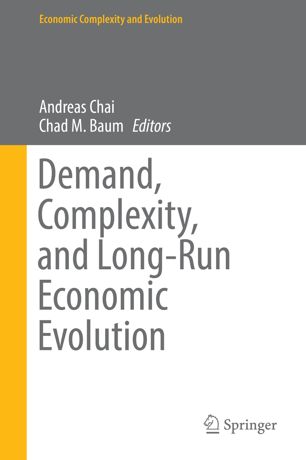

Most ebook files are in PDF format, so you can easily read them using various software such as Foxit Reader or directly on the Google Chrome browser.
Some ebook files are released by publishers in other formats such as .awz, .mobi, .epub, .fb2, etc. You may need to install specific software to read these formats on mobile/PC, such as Calibre.
Please read the tutorial at this link: https://ebookbell.com/faq
We offer FREE conversion to the popular formats you request; however, this may take some time. Therefore, right after payment, please email us, and we will try to provide the service as quickly as possible.
For some exceptional file formats or broken links (if any), please refrain from opening any disputes. Instead, email us first, and we will try to assist within a maximum of 6 hours.
EbookBell Team

4.4
12 reviewsThe purpose of this contributed volume is to consider how global consumption patterns will develop in the next few decades, and what the consequences of that development will be for the economy, policymakers, and society at large. In the long run, the extent to which economic growth translates into better living conditions strongly depends on how rising affluence and new technologies shape consumer preferences. The ongoing rise in household income in developing countries raises some important questions: Will consumption patterns always continue to expand in the same manner as we have witnessed in the previous two centuries? If not, how might things evolve differently? And what implications would such changes hold for not only our understanding of consumption behavior but also our pursuit of more sustainable societies?